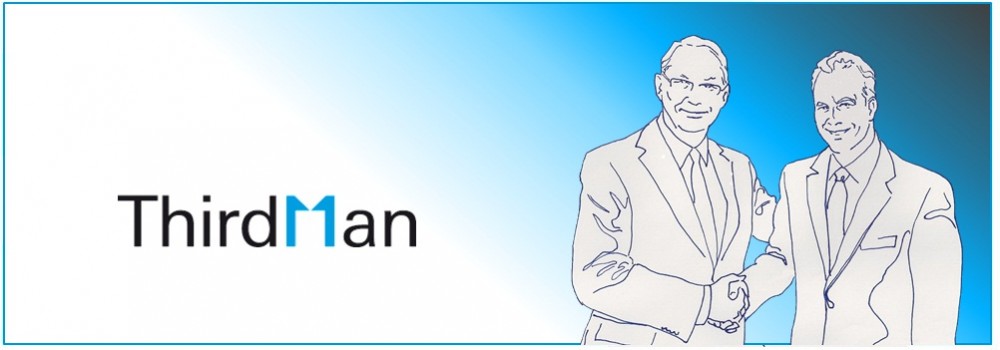
Sales Executives

Companies today are relying increasingly on their sales organizations for more growth and productivity, whereas the sales role has never been more difficult: customers are more demanding, products more sophisticated, and competitors more aggressive. Not surprisingly, many sales organizations are delivering disappointing results in today’s business environment.
Sales executives are responsible for the implementation of business and marketing strategies, but also management control, territory design and salesperson performance policies, which impact the effectiveness of the sales organization.
Sales Management Control
In order to define the sales management control system, the balance must be reached between managers’ monitoring, directing, evaluating, and rewarding activities: indeed, behavior-based management control leads to long-term results for the organization but the short-term outcome performance of salespeople may be negatively impacted. In contrast, sales managers employing outcome-based management control rely heavily on the market and the incentive reward system to guide salespeople’s activities.
Sales Territory Design
The sales territory design spells out the work responsibility for the sales force based on geography and/or customer account responsibilities. Sales management determines how many accounts to assign to each salesperson, product responsibilities, and the geographical area covered (or alternative basis of account assignment). Importantly, design is expected to impact salesperson performance and sales organization effectiveness.
Performance
It is conceptually useful to examine performance in terms of (1) the behavior or activities carried out by salespeople, and (2) the outcomes that can be attributed to their efforts. The outcome performance requires management to understand how uncontrollable factors (e.g., intensity of competition, workload, market potential) may differentially impact the results of salespeople beyond their efforts and skills.
Sales Organization Effectiveness
Sales organization effectiveness is defined as a summary evaluation of different indicators: Total sales volume, market share, costs, profit contribution, return on assets, and residual income analysis are the most frequently used. Moreover, in addition to financial performance, nonfinancial measures including product quality and customer satisfaction have proven useful in predicting long-term financial performance.
These various items prove the central role of the chief sales executive in organizational leadership, and the necessity for you to find the right Director for such a specific position.